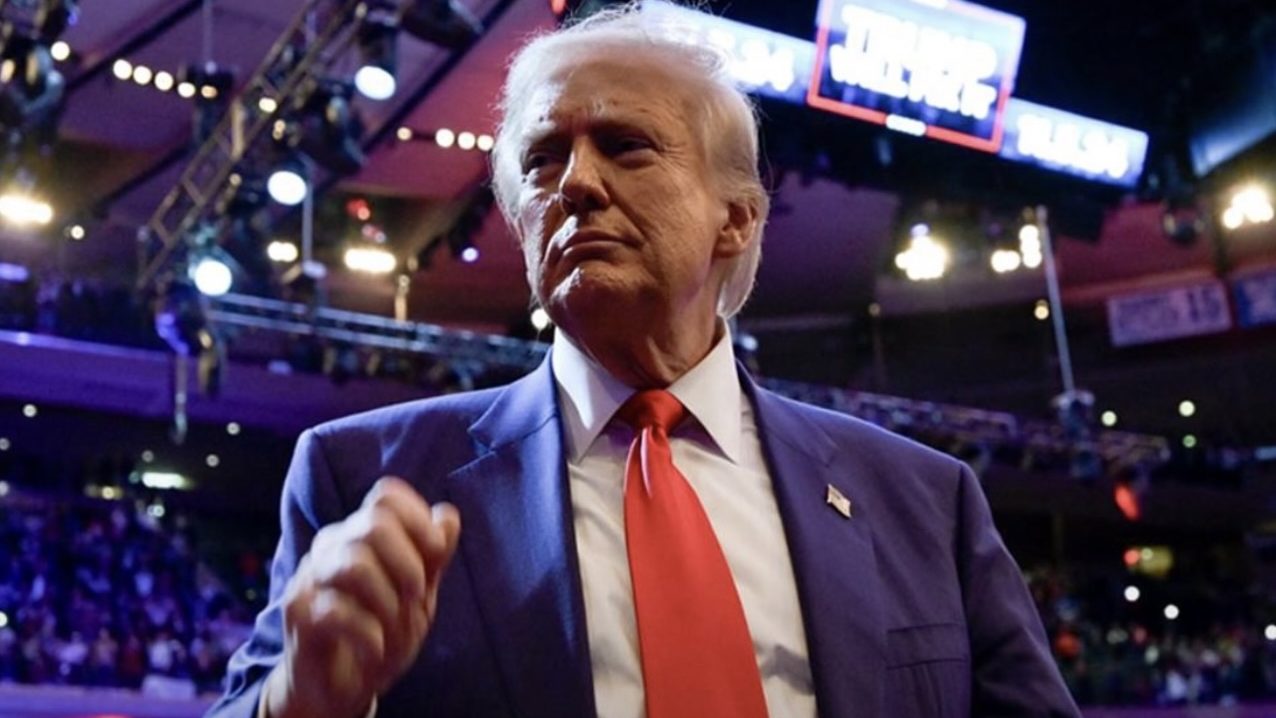USA: China responded to the United States’ 10 per cent tariffs with a series of countermeasures to “safeguard national security interests”, China’s commerce ministry and customs administration said on Tuesday (Feb 4).
The country said it was imposing export controls on critical minerals, like tungsten, tellurium, ruthenium, molybdenum, and ruthenium-related items, as reported by The Guardian.
After the US tariffs took effect on Tuesday, China also announced an anti-trust investigation into Google and imposed tariffs on several US products. This included 15 per cent tariffs on coal and liquefied natural gas, along with 10 per cent tariffs on crude oil, farm machinery, large-displacement vehicles, and pickup trucks imported from the US, as announced by China’s finance ministry.
China’s commerce ministry also placed US companies PVH Group and Illumina Inc on its “unreliable entity list”, which could lead to restrictions or penalties, although no specific reasons for the move were provided. Clothing company PVH owns brands like Tommy Hilfiger and Calvin Klein, while biotech company Illumina recently partnered with Nvidia on AI technology related to healthcare.
China’s finance ministry said the US tariff decision “violates the rules of the World Trade Organization”, stating that it is not only unhelpful in solving its own problems, but also damages the normal economic and trade cooperation between the two countries.
This comes after US President Donald Trump pulled back from a potential economic conflict with Canada and Mexico, delaying tariffs for another month after last-minute talks. The US has also reportedly scrapped an exemption for Chinese exports valued under US$800 (about S$1,085) , which allowed retailers like Shein and Temu to sell low-cost goods in the US without facing tariffs.
After speaking with Mexico’s President, Claudia Sheinbaum, on Monday, the US President agreed to delay the 25 per cent tariffs on Mexico, following her offer to send 10,000 troops to the US-Mexico border.
He also delayed the 25 per cent tariffs on Canada after talks with Prime Minister Justin Trudeau, who announced a new border plan worth US$1.3 billion, which includes appointing a fentanyl czar, listing cartels as terrorists, and increasing border surveillance.
As the US prepared to impose higher tariffs on China on Monday, the White House announced that the US President would speak with President Xi Jinping later in the week. Beijing had previously warned of “countermeasures” and plans to file a legal case against the US at the World Trade Organization.
Economists have warned that these tariffs could lead to higher prices for American consumers, despite the US President’s earlier promise to lower costs.
However, in the Oval Office on Monday, US President Trump said that tariffs were a “very powerful” tool for strengthening the US economy and “getting everything else you want,” claiming that all countries involved in trade disputes with the US wanted to make deals.
Though the US President admitted that the tariffs might cause “a little pain”, he wrote confidently on social media that the benefits would outweigh the costs, stating that it would all be worth it to “make America great again.” /TISG
Read also: Trump administration officials considering tighter curbs on Nvidia chips sold to China: Bloomberg

